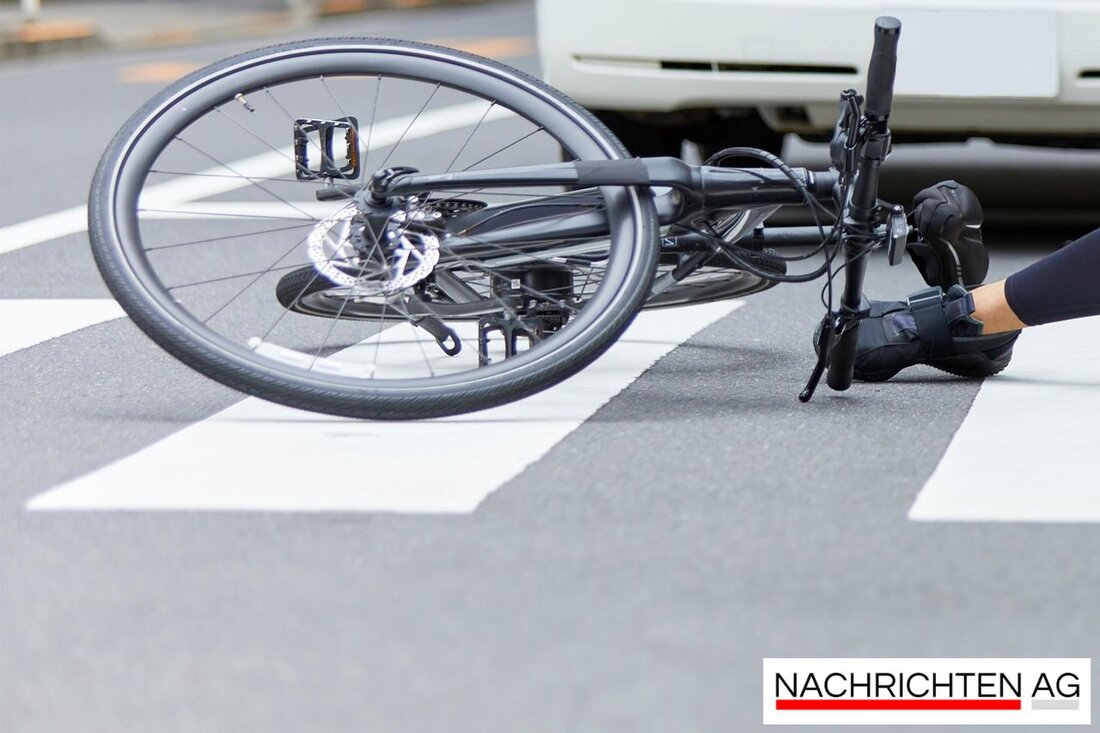Lüneburg's cycling decision: revelations about the failed mobility transition!
Lüneburg's Radentscheid is fighting for support for climate protection and better cycling infrastructure, but falls short of expectations.

Lüneburg's cycling decision: revelations about the failed mobility transition!
The Lüneburg Council has decided to join the Radentscheid initiative, which is seen by Mayor Claudia Kalisch and Head of the Transport Department Markus Moßmann as a positive sign for climate protection and the mobility transition. However, there is reason for concern: the initiative was unable to collect the required 8,000 signatures and only reached around a tenth of the residents. This reveals the disappointment of the initiators who, three years after joining their movement, have found that essential goals remained unachieved, particularly due to the political blockade by the SPD, as Lüneburg Aktuell reports.
A central point in the council proposal was the dependence of the implementation of the cycling goals on the city's human and financial resources. This also casts a shadow over the ambitions of other initiatives, in particular the climate decision, which plans to make Lüneburg climate-neutral by 2030 - a plan that is also considered unrealistic. In this context, it was reported that Lüneburg's building department has now appointed a new head of urban development department who will deal with pressing issues such as the lack of housing and inner city development.
Strategies and challenges in cycling
The 2025 cycling strategy is already being planned and should include important measures to improve the cycling infrastructure. A citizens' initiative defines clear goals that provide for the expansion of bicycle traffic facilities and measures to ensure the safety of cyclists. This includes the construction or expansion of 3 km of cycle paths per year from 2023 as well as the planning of a comprehensive cycle route network, which is to be completed by the end of 2023, as [Uelzener Presse](https://uelzener-presse.de/2021/12/22/oberbuergermeisterin-claudia-kalisch- Nimm-unterschriften-des-radentscheid-lueneburg-entgegen/) explains.
Particularly noteworthy are the promising opportunities that arise from switching to bicycle traffic. Experts estimate that up to 30% of car journeys in metropolitan areas could be replaced by cycling. These developments are not only a win for the environment, but can also bring health benefits. Cycling promotes the ability to move and contributes to the reduction of lifestyle diseases. Even 30 minutes of cycling every day can significantly reduce the risk of various diseases, according to the Federal Environment Agency.
Future visions and challenges
The challenges in Lüneburg are complex. There are current plans to revitalize empty upper floors in the old town - a project that is, however, made more difficult by requirements such as fire protection and monument protection regulations. The city is also planning to redesign Schrangenplatz. A citizens' assembly is to be set up for this purpose, but implementation is limited by financial restrictions and existing problems with the bell house.
On the other hand, it is decided to remove the ice pavilion on Schröderstrasse, even though it was very popular in the past. In addition, a citizens' assembly on the subject of bicycle traffic could be created to promote consideration for pedestrians. This could be a further step towards traffic-calmed and environmentally friendly urban development.
The cycling strategy in Lüneburg can provide enormous impetus, but it remains to be seen how the various initiatives work together and whether the political framework actually creates room for improvement. It is clear that the mobility transition represents both a challenge and a great opportunity!

 Suche
Suche
 Mein Konto
Mein Konto